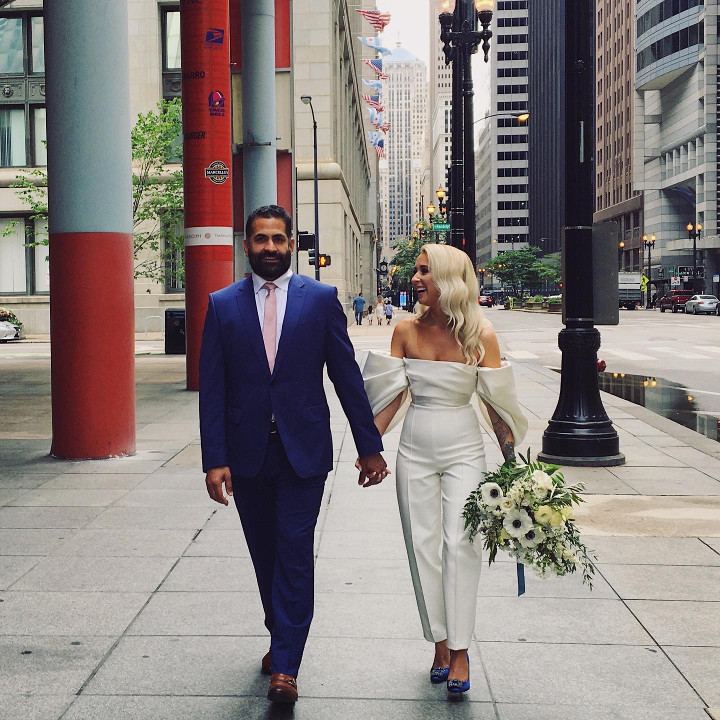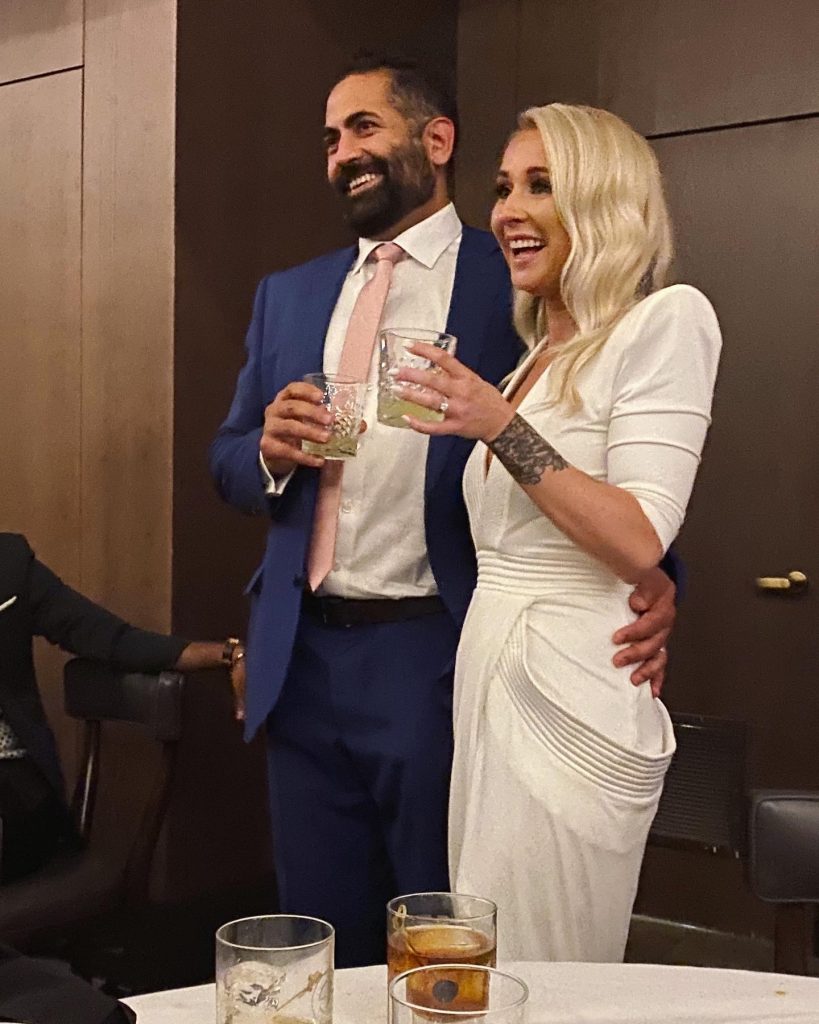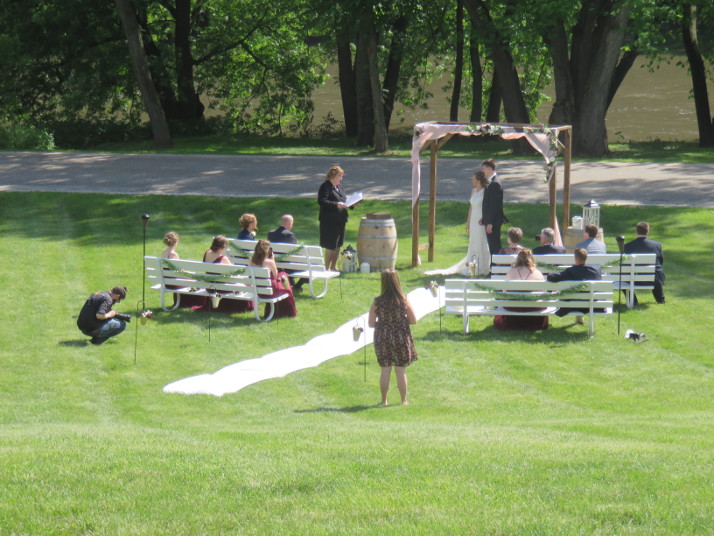When Love Wins
When love wins couples get married and begin their new lives together. When love wins compromises may be made, but the ultimate goal is achieved. In the time of COVID-19 it takes a little more creativity and flexibility, but when love wins there are smiles all around.
This is the story of a family friend and her fiance. Hannah and Yousef spent much time, effort and money planning their perfect destination wedding for August 1, 2020 in Italy. When COVID-19 ravaged Italy and then started its rampage through the United States, it became clear to them that their wedding would not take place as planned.
They first had to deal with the disappointment of abandoning their dream, along with all the challenges of canceling plans and dealing with deposits and retainer fees they had paid. After mourning the loss of their dream for a bit, they decided to keep their wedding date. They decided that beginning their married life together was more important than any of the rest of their plans. They chose to let love win.

Most aspects of their day changed as they planned their new wedding day – from the location, to apparel, to the ceremony, to the guest list, to the celebration. But they kept some of the flavor of the day they had planned. Hannah wore white, and Yousef looked elegant in his blue suit. Their day started with their ceremony, although it was in a Chicago courthouse not on the Italian coast. They were surrounded by their closest loved ones, even if the guest list was smaller than originally planned. They still captured special moments throughout the day with the assistance of a professional photographer, but the backgrounds were a bit different. Best of all, they capped their day with a wonderful meal at an Italian restaurant, in a nod to their original plans.

Hannah and Yousef know that when love wins they win, too. They begin their marriage now, but will celebrate their commitment to each other and the love they share surrounded by family and friends at a later date. When health and safety issues make a such a gathering possible, they will dress up, hear toasts to their future, share a meal, and dance the night away. They may even choose to exchange their vows again as they remember August 2, 2020 – the day when love triumphed over a pandemic – a wedding day they will never forget. Best wishes, Hannah and Yousef, for a long and happy marriage!

